The Intimate Bond: How Animals Shaped Human History by Brian Fagan
Publisher: Bloomsbury Press
Genre: Historical, Non-fiction
Length: Full Length (268 pages)
Rating: 4 stars
Reviewed by LavenderFrom the first wolf to find companionship in our prehistoric ancestors’ camp, to the beasts who bore the weight of our early empires, to the whole spectrum of brutally exploited or absurdly pampered pets of our industrial age, animals–and our ever-changing relationship with them–have left an indelible mark on the history of our species and continue to shape its future.
Through an in-depth analysis of six truly transformative human-animal relationships, Fagan shows how our habits and our very way of life were considerably and irreversibly altered by our intimate bond with animals. Among other stories, Fagan explores how herding changed human behavior; how the humble donkey helped launch the process of globalization; and how the horse carried a hearty band of nomads across the world and toppled the emperor of China.
With characteristic care and penetrating insight, Fagan reveals the profound influence that animals have exercised on human history and how, in fact, they often drove it.
This history of animals and how they profoundly shaped human history is a must-read for both animal and history lovers. Not so much about the history of pets, like other books of the general type, this one is more focused on how animals actually forwarded the timeline for people, how they made progress possible.
The book is set-up roughly in chronological fashion but also thematically. For example, readers see how early humans—hunters—got by and how canines gave them certain advantages. But it was a two-way street. Dogs got something in return for their cooperation with humans.
Of course there was the farming revolution and the animals that helped make this a movement in the first place.
Some of the important animals are quite surprising. Many may know that donkeys helped with mining, but they played a much bigger role in shaping human progress than many may realize. After reading about them, people are likely to sympathize with donkeys much more. The author, in fact, claims that donkeys “started globalization.” Without that, of course, trade would have been greatly diminished, and without trade on that scale, groups of humans would have been more isolated.
There is much said about animals and empires, and the great horse. Fascinating insights into horses are presented. After horses, we hear about the important camels and their effect on human history. Other animals are presented in this book as well. Readers may be happy to learn that the author does not neglect domestic dogs and cats after all. Brian Fagan even tells readers when the first dog and cat shows came into being. He ends with commentary on animal cruelty and the humans who fought for them, to save them. There is interesting discussion on the Victorians and how they saw animals, with an elegant ending giving readers much to ponder.
This is a great book that lovers of history and animals should not miss.
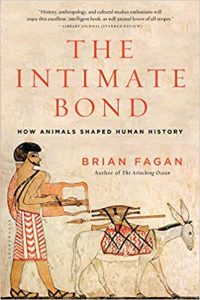




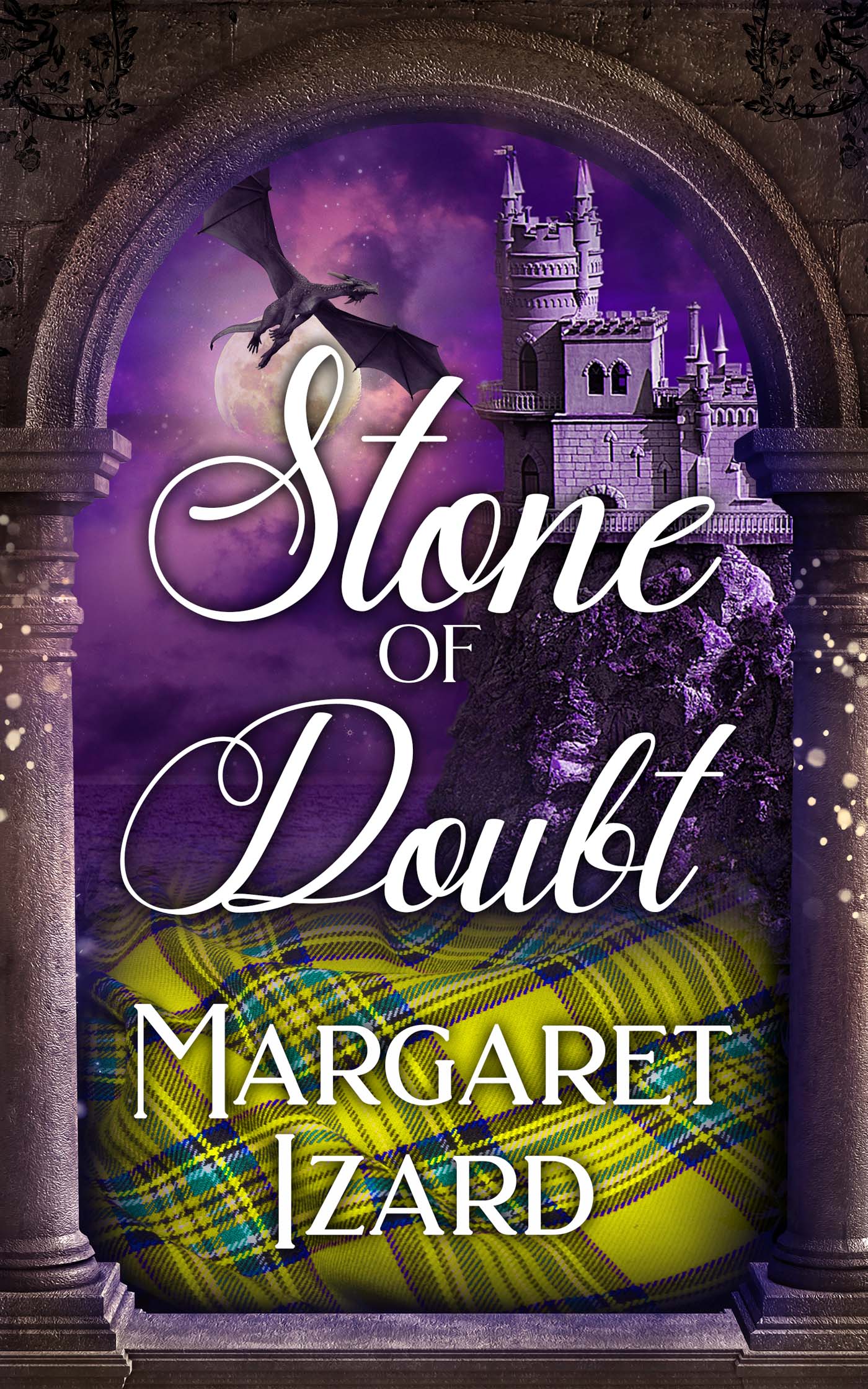

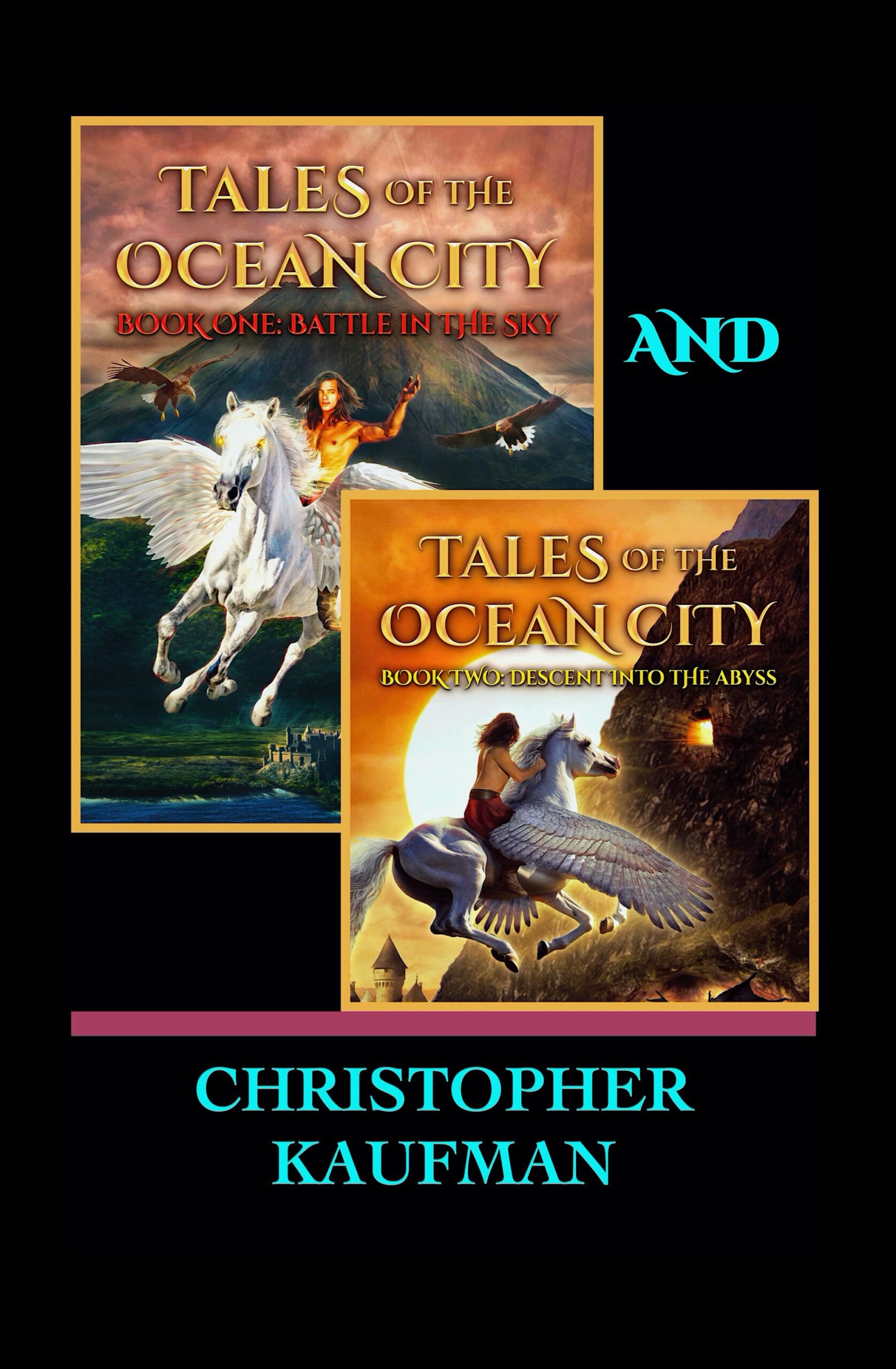
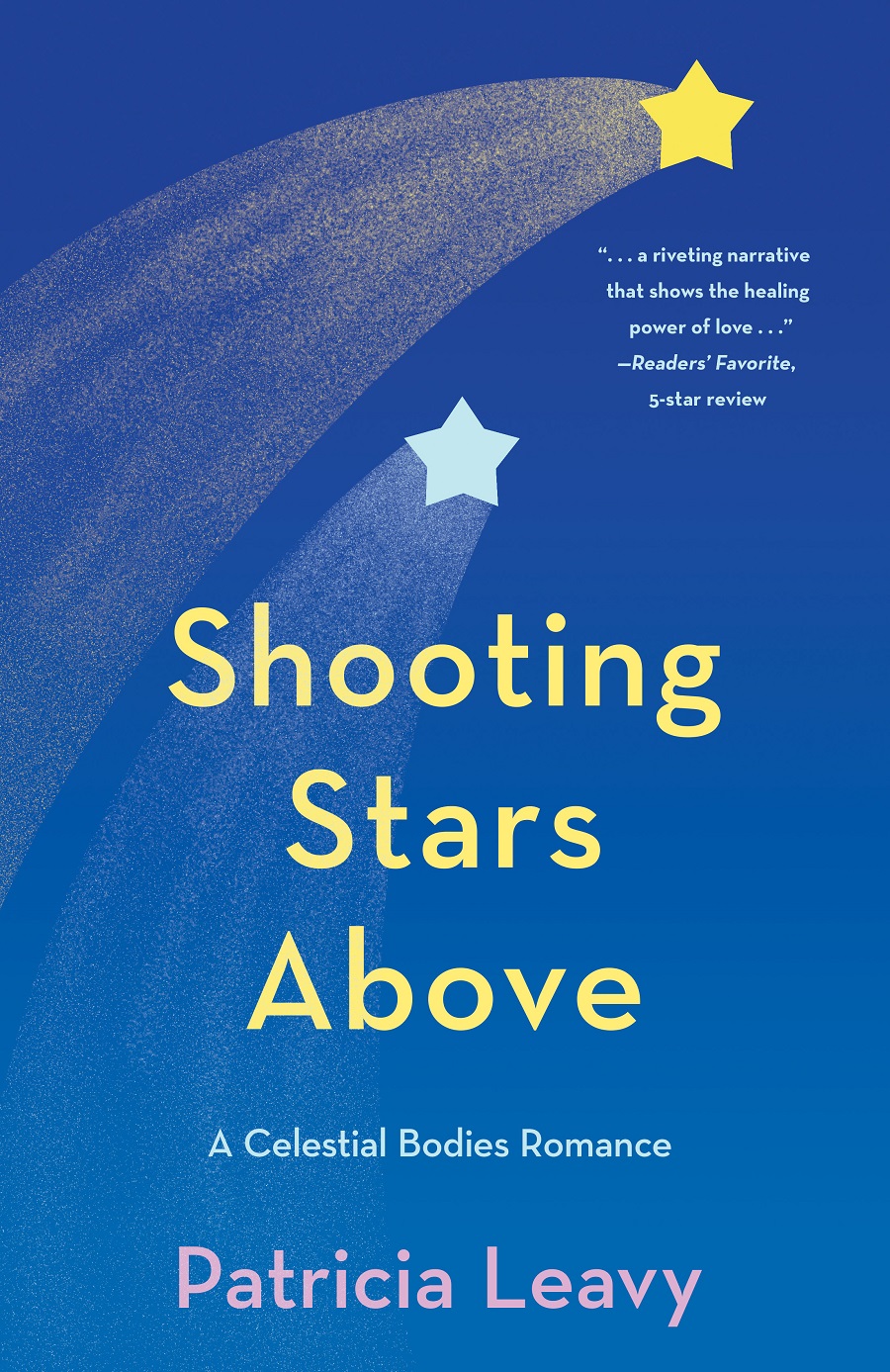


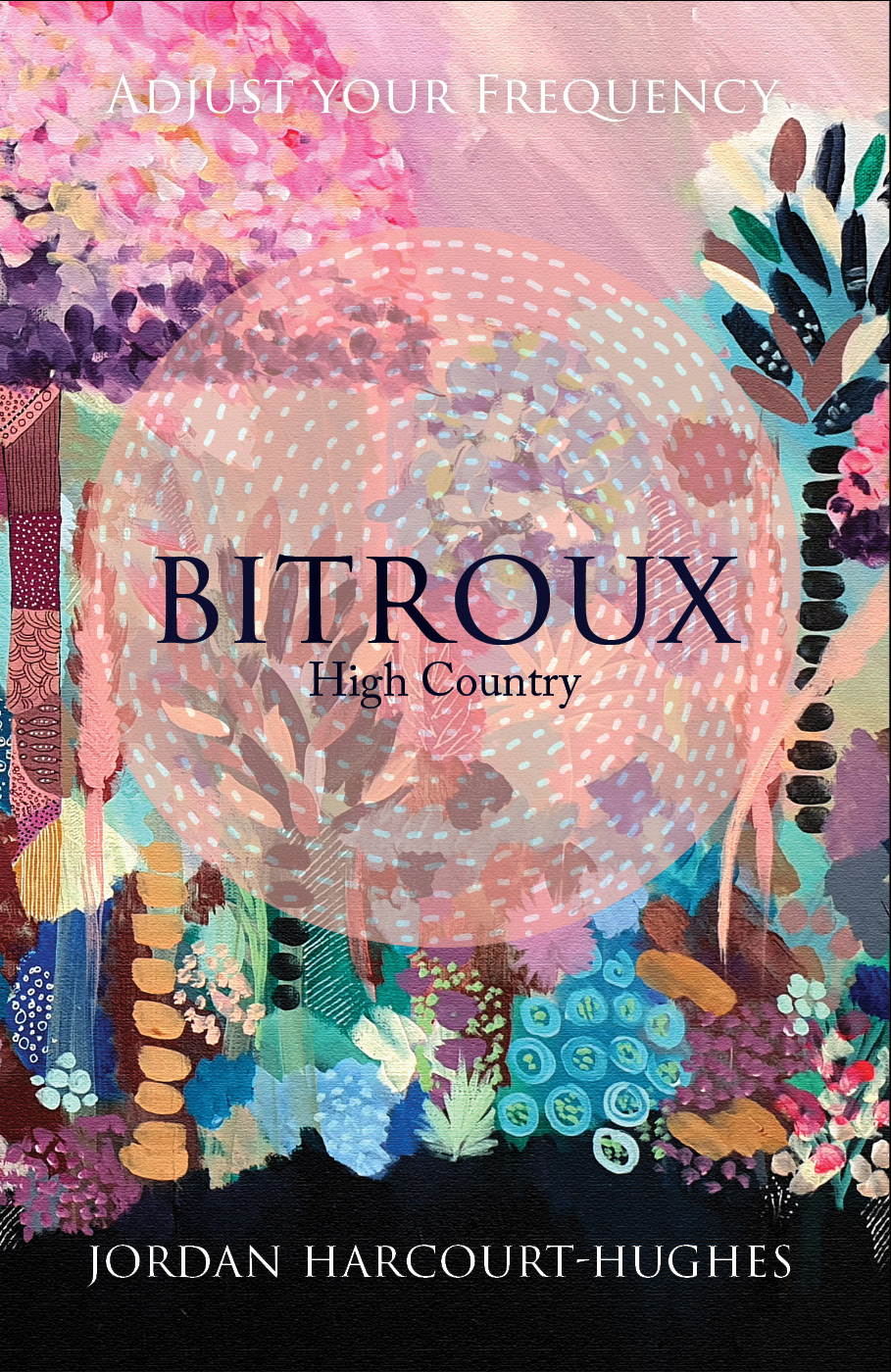

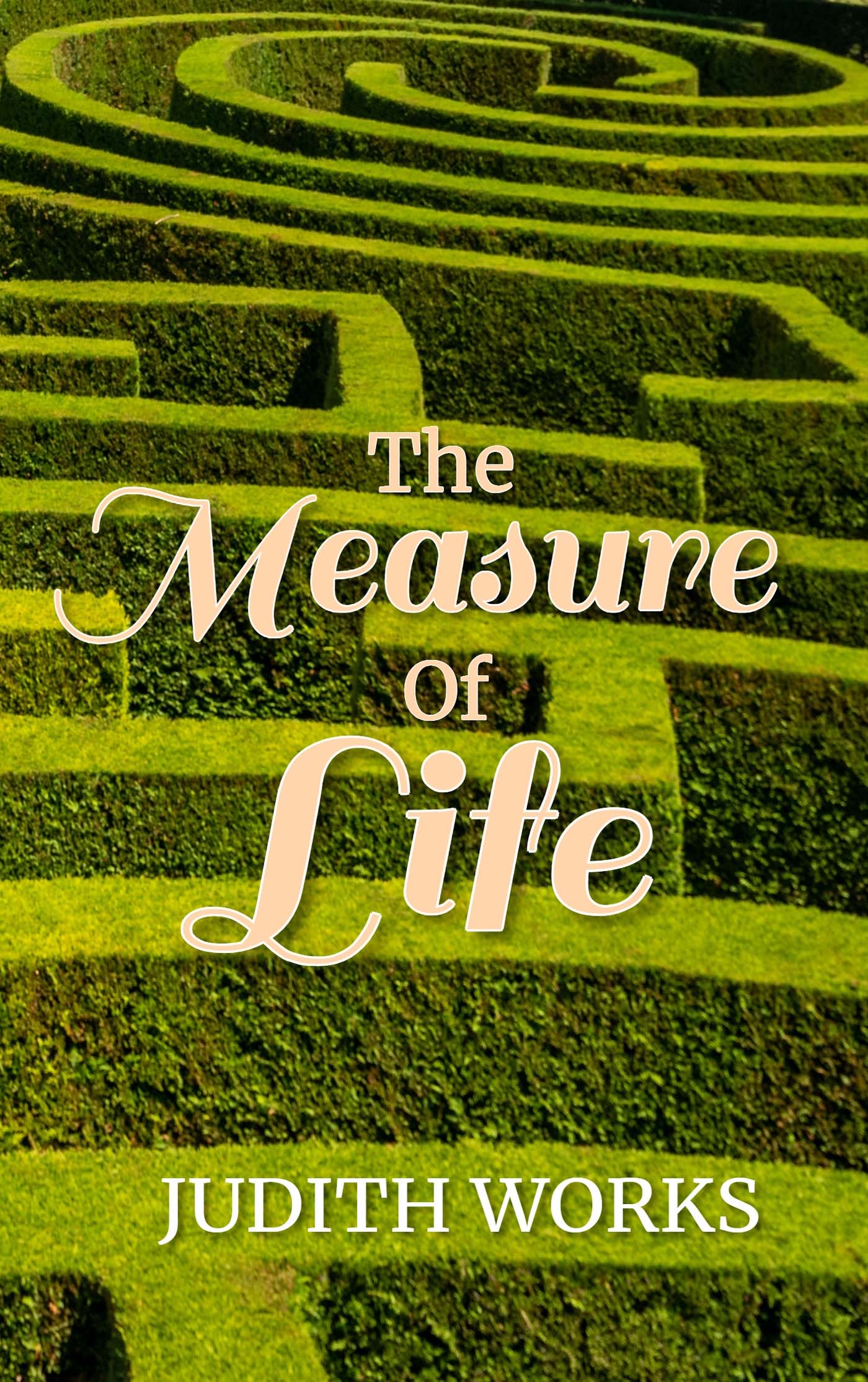




Speak Your Mind